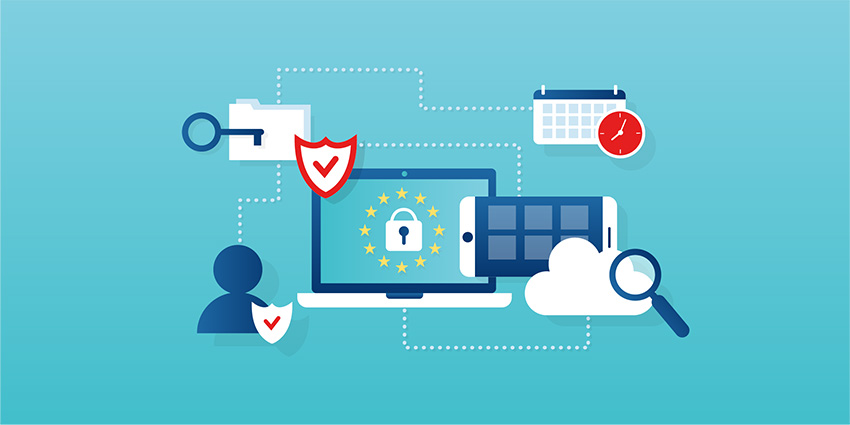Cooperative ediscovery isn’t just the rule — it’s a great way to control costs
Cooperation is the process of working together toward the same end or providing assistance, especially by complying with requests. This collaborative effort toward a mutually agreeable result is exactly what is meant by cooperation in ediscovery. Cooperation also dovetails with proportionality: parties should cooperate by limiting their discovery to information that is important and proportional to the issues in dispute rather than pushing to receive everything related to the circumstances surrounding a case.
Our legal system depends on cooperation. Indeed, as the Second Circuit recently noted, “The system functions because, in the vast majority of cases, we can rely on each side to preserve evidence and to disclose relevant information … without being forced to proceed at the point of a court order.” Klipsch Group, Inc. v. ePRO E-Commerce Ltd., 880 F.3d 620, 631 (2d Cir. 2018).
The Federal Rules of Civil Procedure repeatedly emphasize the importance of cooperation in discovery. Rule 1 sets the tone, establishing that the parties should aid the court in “secur[ing] the just, speedy, and inexpensive determination of every action and proceeding.” Rule 26(f) requires that the parties meaningfully meet and confer about discovery issues early in the case and reach a mutually agreeable discovery plan. Rule 37 provides sanctions for the failure “to cooperate in discovery,” which includes “evasive or incomplete disclosure[s].” For its part, the Sedona Conference called for “cooperative, collaborative, transparent discovery” in its 2008 Cooperation Proclamation.
But the rules aren’t the only reason to cooperate in ediscovery. Hotly contested ediscovery rapidly drives up the costs of litigation. This is due not only to the increased expense associated with higher data volumes but also to the increased likelihood of extensive motions practice or even discovery sanctions. Additionally, courts generally recognize — and often penalize — obstructionist or uncooperative litigants. Cooperation thus helps parties to avoid both micromanagement by the court and costly, time-consuming “discovery about discovery.”
Note that none of this prevents zealous, strategic representation or the vigorous prosecution or defense of a claim. Cooperative ediscovery is essentially negotiation: it achieves the best results when both parties have done their homework, when both are prepared to give and take, and when parties hold their ground where it matters.
Cooperative ediscovery should begin with thorough internal preparation. Parties and counsel must understand the issues in dispute and the facts that will help decide those issues. From there, the ediscovery team should identify data custodians and conduct thorough interviews to determine what electronically stored information (ESI) will be relevant, where that ESI is located, and how it can be preserved and collected. This preparation demands both a thorough education in the principles of ediscovery and a comprehensive grasp of the litigant’s internal data systems.
During the Rule 26(f) conference, parties should designate helpful search terms, date ranges, key participants and custodians, data formats, and other foundational aspects of ediscovery. This level of cooperation requires mutual competence and preparation. Often, reluctant or unprepared participants are uninformed rather than malicious, necessitating an educational rather than combative response.
In short, cooperation in ediscovery means providing accessible, easy-to-use information willingly in hopes that opponents will do the same.
Glossary definition
Cooperation in ediscovery is the process of working together collaboratively with an opponent to exchange relevant and proportional information that will help the court decide the issues in dispute.




